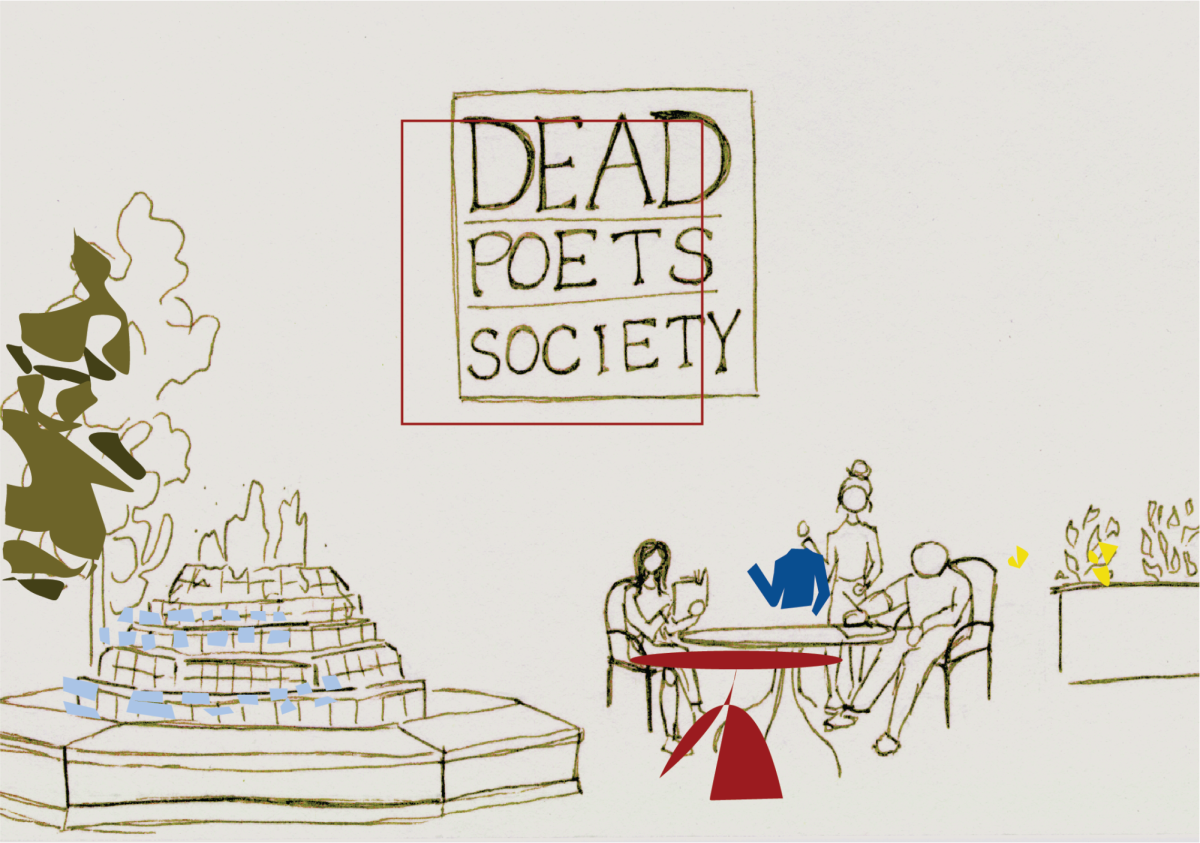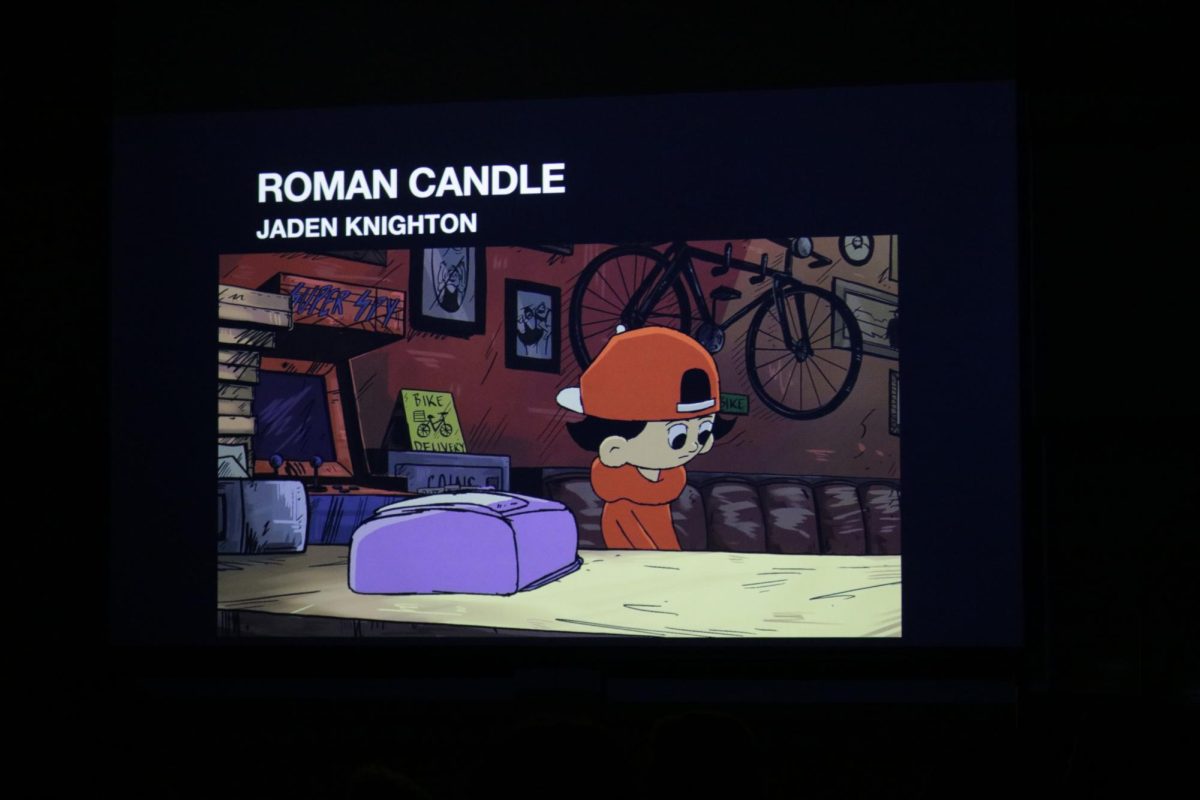There’s a part of me that wants to be like Chris McCandless. “Into the Wild,” the recent film adaptation of the nonfiction book of the same name, follows an unstoppable college graduate, hungry to live life on his own terms. Sean Penn, through his direction of the film, both celebrates and offers caution in retelling the adventuresome true story of Chris McCandless, a.k.a. Alexander Supertramp. As we are brought along the journey with McCandless to the Alaskan frontier, it becomes evident that this film is not about a man facing the ravages of nature, but rather, is a film desperate to find happiness.
McCandless, portrayed by Emile Hirsch, is a winsome and charismatic graduate from West Virginia who finds himself yearning to experience the world away from the inauthentic glare of his parents, so he takes the extreme route of cutting up all his credit cards, burning his cash and living off the land. Along the way McCandless finds a greater purpose after hanging out with an eclectic mix of oddballs who pick him up as he hitchhikes west and sets his sights on the great Alaskan outdoors.
Sean Penn, better known for his acting roles than his direction, paints “Into the Wild” with a deep spring of literature as his brush. When McCandless’ sister, played by the exquisite Jena Malone, is not narrating, McCandless is quoting, paraphrasing or writing down pithy lyrics from great romantic poets like Lord Byron and the nineteenth-century transcendentalists. This literary bend to the film foreshadows that there’s much more at play than a sheer adventure tale.
Throughout McCandless’ episodic adventures across America, it becomes apparent that the witty 23-year-old can just about befriend anyone he wants. His charisma level could rival that of Bill Clinton in his heyday. This gift allows McCandless to make deep connections with the folks he meets, connections that he always ends up divorcing himself from for the greater good of his ongoing adventure.
The reckless abandon McCandless insists on leading, contrasted with the deep relationships he essentially abandons, reflects the pivotal tone of the film. McCandless leaves his family because he found them hypocritical and unwilling to love correctly, so he refuses to call them throughout his two-year voyage, promising himself to love people freely without hypocrisy. But as his wayward friends point out, McCandless is hypocritical in his refusal to forgive his family. The most tender scene of the film takes place on a mesa in the desert as a meek elderly man, who lives alone making leather belts all day, exhorts McCandless that love is, at its very core, forgiveness.
“Into the Wild” plays out like a modern adaptation of “Hamlet” or “Citizen Kane” in that the protagonist is so likable, that it takes nearly the entire film to realize how debilitating his flaws are. But somehow the film springs forth with optimism. This is probably because, despite the fact that McCandless abandoned the family that raised him, they found that in order to love him, they needed to forgive him.
I think I’ll forgive him too.
5 out of 5 stars.






